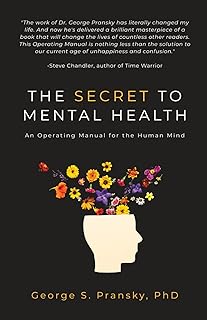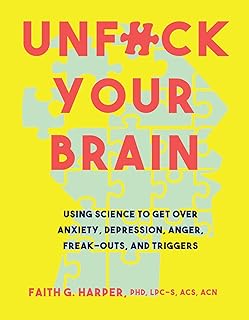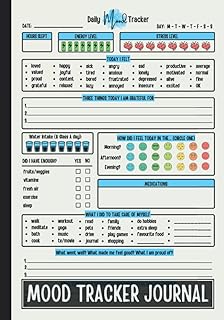Mental Health: Navigating the Tech Terrain Together
Key Takeaways
| Topic | Summary |
|---|---|
| Prevalence of Mental Health Conditions in Tech | The tech industry has shown increasing trends in mental health conditions over recent years. |
| Addressing Mental Health in the Workplace | Strategies include comprehensive guides linking weight loss and mental health. |
| Connection Between Mental Health and Substance Use | Reported correlations between mental health issues and substance abuse. |
| Innovative Tools for Mental Health Care | A variety of books and supplements offer modern approaches to mental health care. |
| Promoting Wellness and Preventing Disorders | Resources available for mental health education and preventative measures. |
| Personal Stories in Mental Health | Journals and personal stories highlight the value of tracking and discussing mental health journeys. |
Have you ever stopped to consider the impact of mental health in the fast-paced, ever-evolving tech industry? It’s a topic that, unfortunately, doesn’t get enough spotlight. Yet, with our coffee cups perennially warm and our eyes glued on screens, it’s high time we had a heart-to-heart on this pressing issue.
The Impact of Mental Health in the Tech Industry: Trends and Insights
Ever wonder what lurks behind the gleaming facades of tech giants and startups alike? It’s not just groundbreaking innovations and caffeine-fueled late nights; there’s an unfolding narrative on mental health that’s begging for our attention. The tech industry, a beacon of progress, is also a hotbed for stress, anxiety, and a host of mental health challenges. Let’s dive into the numbers, shall we? The graph below isn’t just a collection of stats; it’s a wake-up call showing the rising prevalence of mental health conditions within the tech realm. From engineers to UX designers, the silent struggle is real and growing. But hey, identifying the problem is step one to tackling it head-on, right?
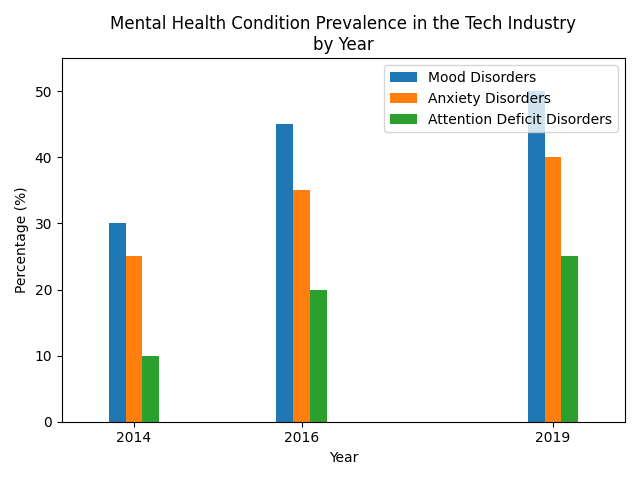
Weight Loss and Mental Health: A Comprehensive Guide
You might be scratching your head thinking, “What does weight loss have to do with mental health?” A lot more than you’d think! This guide sheds light on how shedding those extra pounds can lift your spirits, boost your self-confidence, and significantly impact your mental well-being. It’s not about fitting into society’s skinny jeans mold; it’s about feeling good in your skin and finding that sweet spot where physical health and mental health include a harmonious balance. So, let’s not overlook the power of a balanced diet and a healthy exercise regime. After all, a healthy outside starts from the inside.
The Connection Between Mental Health and Substance Use
Now, let’s unravel a complex duo: mental health and substance use. Picture this: someone you know, maybe even you, finding solace in the bottom of a glass or the temporary escape offered by substances. It’s a path tread by many in the quest to quiet the mind’s turmoil. The stats below aren’t just numbers; they represent real people caught in the vicious cycle of using substances as a coping mechanism for mental health problems. The question then becomes, how do we break this cycle? How do we create a space where reaching out for help is seen as a sign of strength, not weakness?
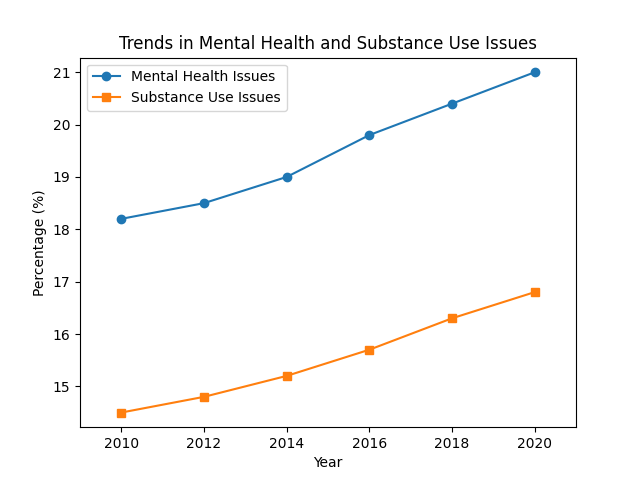
The path forward involves destigmatizing mental health services and fostering environments where open conversations about mental health and substance use are not just encouraged but normalized. Imagine a tech industry where mental well-being is as prioritized as product launches and profit margins. That’s the future we should all be coding for.
Innovative Tools for Mental Health Care and Self-Help
In the midst of the tech industry’s hustle, it’s refreshing to see innovation turning its gaze towards mental health care. From books that offer a deep dive into the intricacies of the human mind to supplements that promise a natural boost to your mental state, the arsenal against mental health conditions is growing. Have you ever thought that perhaps the secret to better mental health lies in understanding how our brains tick or that nature could provide a remedy to ease our minds? These resources are not just tools; they’re beacons of hope and help in navigating the rough waters of mental health challenges.
Whether you’re a tech guru or just someone navigating the complexities of modern life, incorporating these tools into your self-care routine could be a game-changer. It’s about taking control, one page or one supplement at a time, towards a healthier, happier mind.
Promoting Overall Wellness and Preventing Mental Health Disorders
Prevention is the cornerstone of maintaining not just our physical health but our mental health includes it too. In today’s world, where information is just a click away, ignorance is no longer bliss. Resources abound for educating ourselves on how to care for our mental well-being, from recognizing early signs of mental disorders to implementing strategies that bolster our mental resilience.
But it’s not just about individual efforts. The tech industry, with its reach and influence, has the power to lead by example. By investing in mental health education and resources, we can shift the narrative from surviving to thriving. It’s time we all, especially those in the fast-paced tech sector, start treating our mental health with the same urgency and importance as our next project deadline.
Personal Stories and Mental Health Journeys: How They Help
There’s something profoundly powerful about personal stories. They remind us that behind every username, profile picture, and email address is a human being with their own battles and triumphs. Sharing our mental health journeys can be a source of strength, not just for the storyteller but for someone you know who might be silently struggling. It’s through these narratives that we can start chipping away at the stigma surrounding mental health, building a more compassionate and understanding community.
Whether it’s through a mood tracker journal that offers daily introspection or blog posts that lay bare the realities of living with a mental health condition, each shared experience is a step towards destigmatizing mental health. It’s about showing that it’s okay not to be okay and that healing is not only possible but celebrated.
Related Articles
- Weight Loss and Lifestyle: Your Guide to a Healthier Tomorrow
- Mental health: Definition, common disorders, early signs,…
- Your Path to Health: Comprehensive Diet Plans for Weight Loss
- Caring for Your Mental Health
In closing, it’s evident that mental health is a tapestry woven with various threads – from personal stories to societal support systems. It’s about time we brought mental health out of the shadows and into the spectrum of everyday conversation in the tech industry and beyond. After all, aren’t we all in this together?
Frequently Asked Questions
Q: What is the relationship between mental health and overall health?
A: Mental health is an integral part of overall health and well-being. It can impact how we think, feel, and behave in our daily lives.
Q: How can technology be used to improve mental health?
A: Technology can provide access to mental health resources, online therapy sessions, meditation apps, and support networks for individuals experiencing mental health issues.
Q: What are some risk factors for mental health problems?
A: Risk factors for mental health problems can include genetics, traumatic life events, substance abuse, and high levels of stress.
Q: How can mental health promotion and prevention be encouraged?
A: Mental health promotion and prevention can be encouraged through education, awareness campaigns, social support systems, and access to mental health services.
Q: What are some common causes of mental health conditions?
A: Common causes of mental health conditions can include biological factors, such as genetics or brain chemistry, as well as environmental factors like trauma or abuse.
Q: How can we address mental health needs in children and adolescents?
A: Addressing mental health needs in children and adolescents requires early intervention, supportive environments, and access to appropriate mental health services.
Q: What is the role of the National Institute of Mental Health (NIMH) in mental health research?
A: The NIMH researches to understand, diagnose, and treat mental illnesses, to improve mental health outcomes for all individuals.

